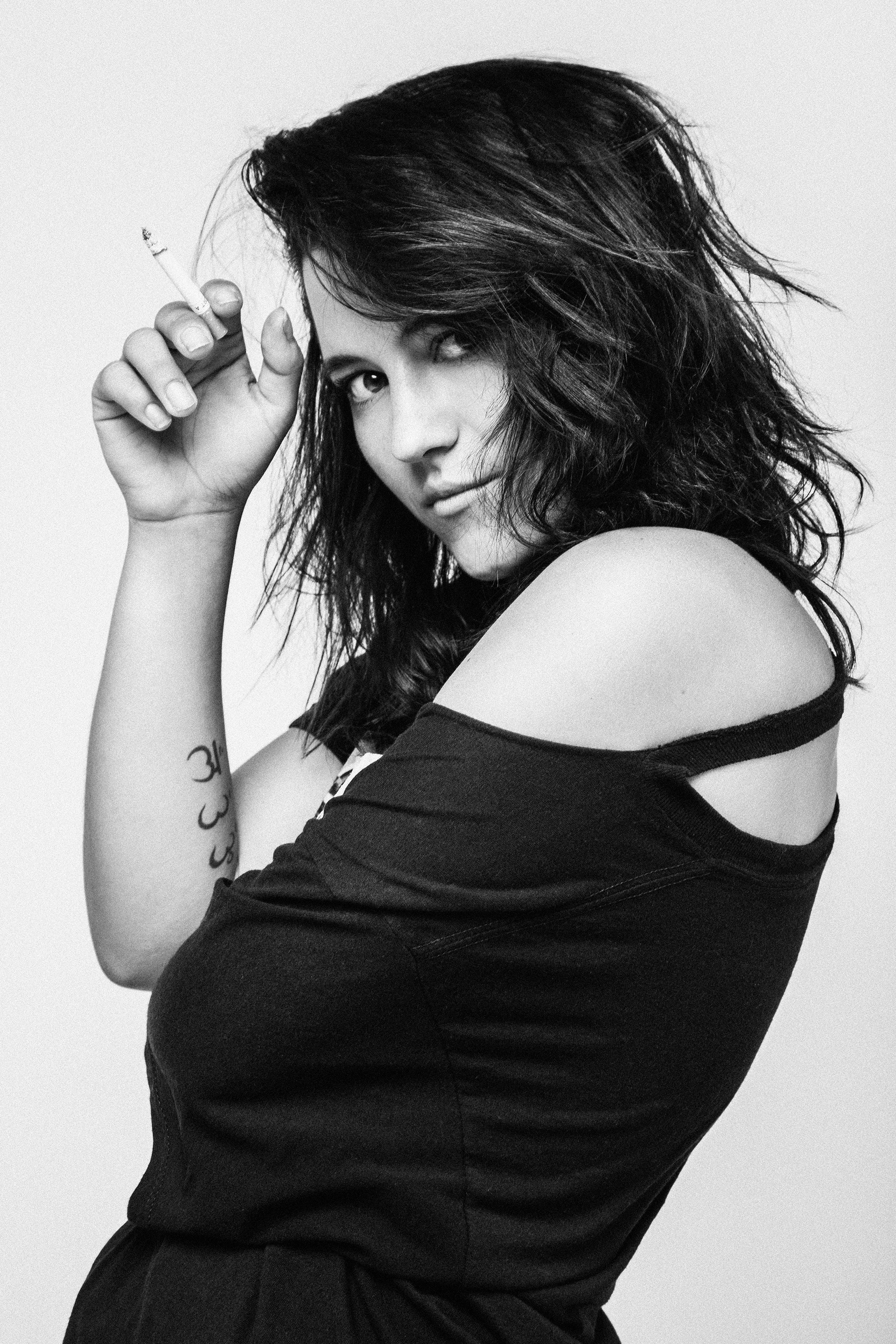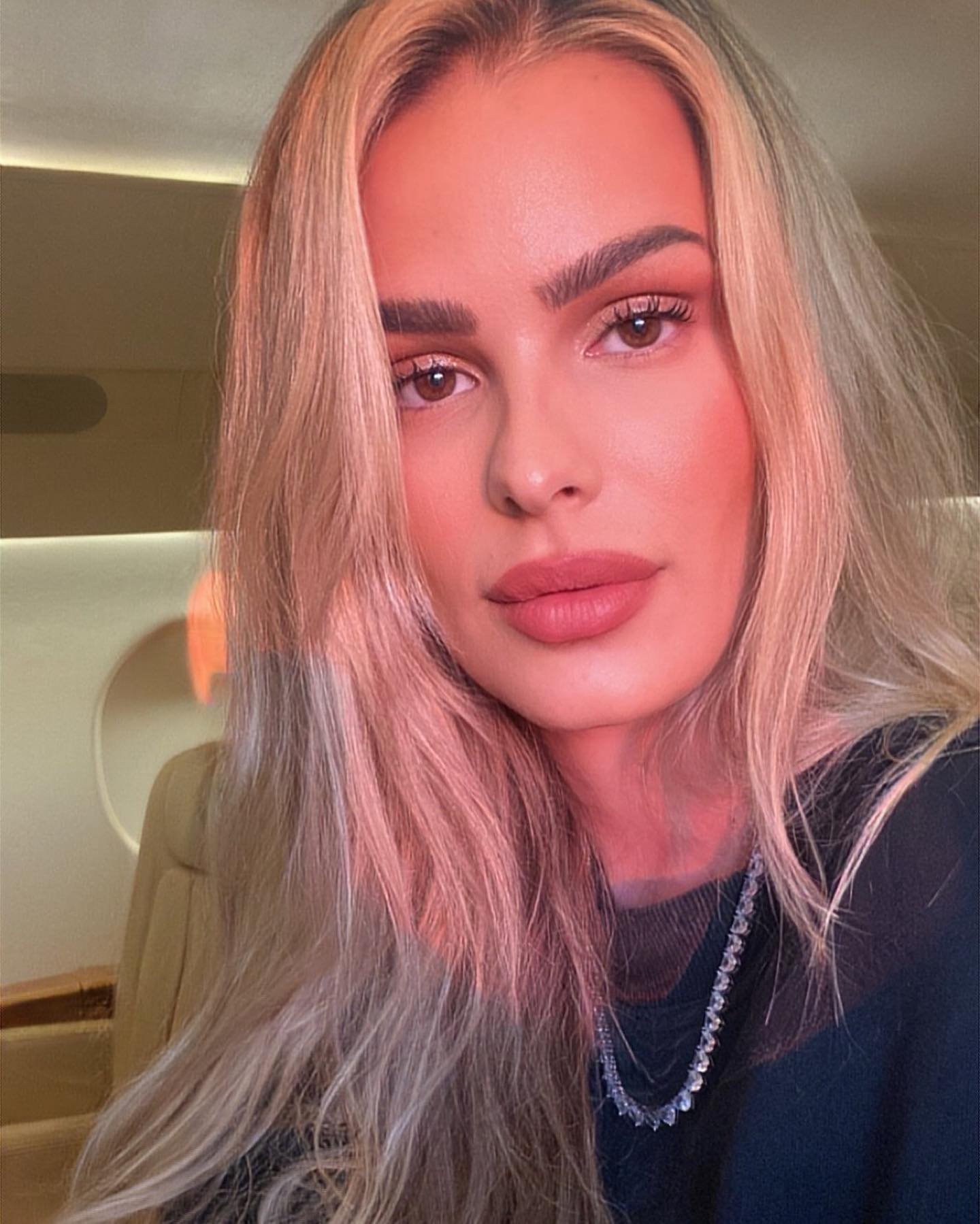AI-Generated Article
This content has been automatically generated using artificial intelligence technology. While we strive for accuracy, please verify important information independently.
When you come across the word "brunet," it often brings to mind a specific image, doesn't it? It's a term that has been around for quite some time, and it helps us talk about certain physical characteristics. You know, specifically, it points to a person who has hair that is a dark brown color. This description, it's almost, has a rich history and a fairly clear meaning, particularly when we are trying to describe someone's hair shade.
This particular word, "brunet," usually points to someone, very often a man or a boy, who possesses this kind of hair. It's a simple way, really, to categorize hair color, and it covers a pretty wide range, from a lighter brown that's still quite dark, all the way to hair that's almost black. So, it's not just one exact shade, but more of a spectrum within the dark brown family, which is that, quite interesting to consider.
People use this word to describe a certain look, and it has been part of our language for a good while. We can, you know, look back to see when it first started appearing in writing, which helps us get a better sense of its journey through time. It's just a little word, but it helps us paint a picture of someone's appearance, making our descriptions a bit more precise, in a way.
- Islamic Center Of Staten Island
- Andrew Smart
- French Prairie Gardens Oregon
- Lizard King Skating
- Revista Estadio
Table of Contents
- What Exactly Does "Brunet" Mean?
- Brunet and Brunette - A Little Distinction
- Where Did the Word "Brunet" Come From?
- Early Appearances of "Brunet" in Writing
- How Do We Use "Brunet" Today?
- The Shades of Brunet Hair
- Is "Brunet" Only for Males?
- Are There Other Ways to Describe "Brunet" Hair?
- A Look at "Brunet" Synonyms and Pronunciation
What Exactly Does "Brunet" Mean?
When someone says "brunet," what picture pops into your head? Well, basically, the word describes a person who has hair that is a dark brown color. It's a pretty straightforward description, you know, used to categorize a specific physical trait. This term often, though not exclusively, points to a man or a boy. It's about their hair, which is that, a shade of brown that's on the darker side.
The definition is pretty consistent across various sources. It's about the color of someone's hair, pure and simple. We use it to distinguish them from someone with, say, blonde or red hair. So, when you hear "brunet," you should, in fact, think of someone with a head of dark brown hair. It’s a very common way to talk about hair color, isn't it?
Brunet and Brunette - A Little Distinction
Now, here’s a bit of something that sometimes causes a little confusion: the difference between "brunet" and "brunette." Both words, you know, refer to a person with brown hair. However, there's a traditional distinction, especially in how they are spelled and used. "Brunet" is, in some respects, typically used for a male person, meaning a man or a boy, who has this hair color. It's often spelled just like that, without the extra 'te' at the end.
On the other hand, "brunette" is the spelling that's usually reserved for a woman or a girl who has brown hair. So, while the core meaning—having brown hair—is the same, the ending of the word often tells you something about the person's gender, which is that, a fairly common practice in language. It’s a subtle difference, but one that’s been around for a while, basically, in how we talk about people's appearances.
Where Did the Word "Brunet" Come From?
It's kind of interesting to think about where words actually come from, isn't it? The word "brunet" has a history that goes back a fair bit. Apparently, its earliest known appearance in written form dates back to the late 1600s. That’s a pretty long time ago, when you think about it. It wasn't just, you know, invented yesterday, but has been part of our language for centuries.
The Oxford English Dictionary, which is a pretty reliable source for word origins, points to the year 1671 as some of the earliest evidence for "brunet." This particular instance was found in the writings of a very well-known figure from that time: John Dryden. He was, in fact, a poet, a playwright, and a critic, so his words had a fair bit of influence. It’s pretty cool to trace a word back to such an important person, isn't it?
Early Appearances of "Brunet" in Writing
So, when we talk about the word "brunet" showing up in the late 1600s, we're talking about a time when language was, in a way, still taking shape in many respects. John Dryden's use of the word in 1671 gives us a real glimpse into how people were talking about hair color back then. It shows that the concept of describing someone with dark brown hair was already, you know, something people needed a specific word for.
This early evidence means the word wasn't just a casual term; it was part of formal writing. It suggests that "brunet" had a recognized place in the vocabulary of the time. It’s almost like seeing a photograph from a long time ago, giving us a sense of how things were. The word, basically, has been around, describing a specific kind of hair, for a very long time, which is that, quite something to consider.
How Do We Use "Brunet" Today?
Today, the word "brunet" is still very much in use, and it serves the same basic purpose it always has: to describe a person with brown hair. It’s a term that helps us categorize physical characteristics, and it’s pretty widely understood. When you hear it, you immediately get a picture of someone with a certain hair shade, which is that, pretty useful for quick descriptions.
We use it in everyday conversation, in books, and in various forms of media. It's just a simple, clear way to talk about hair color. It’s not, you know, a complicated term, and that’s part of why it has stayed relevant for so long. People generally know what you mean when you say "brunet," and that makes it a fairly effective word for communication, don't you think?
The Shades of Brunet Hair
One interesting thing about "brunet" hair is that it isn't just one single shade. The term, you know, covers a pretty wide spectrum of brown. It can range from a light brown that's still definitely in the dark brown family, all the way to a color that’s almost black. So, when someone is described as brunet, it doesn't mean their hair is an exact match to everyone else who is also called brunet.
This variety means that "brunet" is a fairly flexible term. It allows for a lot of nuance within the broad category of brown hair. You could have, in fact, a person with medium brown hair, or someone with very deep, rich brown hair, and both could be called brunet. It’s just a little bit like how we describe other colors; there are many variations within one general name, basically.
Is "Brunet" Only for Males?
This is a question that comes up quite a bit, isn't it? Traditionally, and as we saw earlier, the word "brunet" has been used more often for males – for men and boys with dark brown hair. However, language, you know, can be a bit fluid, and sometimes these distinctions can soften over time. While the primary usage leans towards males, you might occasionally hear it used in a broader sense.
The term "brunette," with the 'tte' ending, is the one that is almost universally applied to females with brown hair. So, if you're talking about a woman or a girl, "brunette" is typically the word you would choose. It's a subtle but important point in how we describe people. So, while "brunet" tends to be for males, the distinction is, in some respects, pretty clear for most people.
Are There Other Ways to Describe "Brunet" Hair?
Of course, there are many ways to describe hair that falls into the "brunet" category. While "brunet" itself is a good general term, you might want to be a bit more specific. You could talk about someone having "dark brown hair," for instance, which is that, a very direct way to put it. Or, you might describe their hair as being a "deep brown" or "rich brown," which adds a little more detail.
Sometimes, people will describe the complexion or coloring that often goes along with brunet hair. They might say someone has a "dark complexion" or "dark coloring," especially if their hair is a very deep shade of brown. These phrases, you know, help to paint a fuller picture of a person's appearance. So, while "brunet" is a solid word, there are, in fact, plenty of other descriptive phrases you can use, too.
A Look at "Brunet" Synonyms and Pronunciation
When we talk about "brunet," it's helpful to know that there are other words that mean something very similar, or at least help us understand the term better. For instance, words like "dark-haired" or "brown-haired" are, you know, pretty much synonyms. They get the same basic idea across, even if they don't carry the same historical baggage as "brunet." So, you have options when describing someone with this hair color.
As for how to say the word, "brunet" is pronounced in a way that, in some respects, reflects its French origins. It's not too tricky, but getting the sound right helps with clear communication. Understanding its pronunciation and knowing its synonyms just helps to make sure we're all on the same page when we talk about this particular hair shade. It’s a pretty useful word to have in your vocabulary, actually.
🖼️ Related Images



Quick AI Summary
This AI-generated article covers Brunet Hot - Exploring The Word's Origin And Meaning with comprehensive insights and detailed analysis. The content is designed to provide valuable information while maintaining readability and engagement.
Laverne Mills
✍️ Article Author
👨💻 Laverne Mills is a passionate writer and content creator who specializes in creating engaging and informative articles. With expertise in various topics, they bring valuable insights and practical knowledge to every piece of content.
📬 Follow Laverne Mills
Stay updated with the latest articles and insights